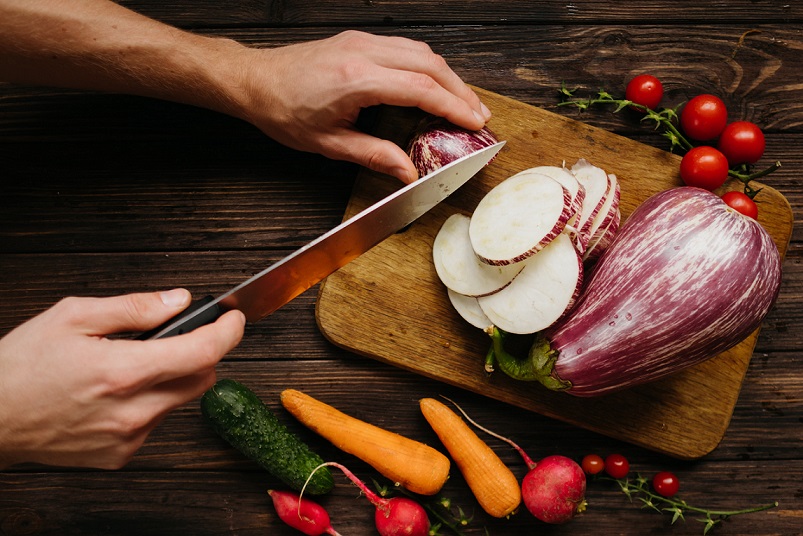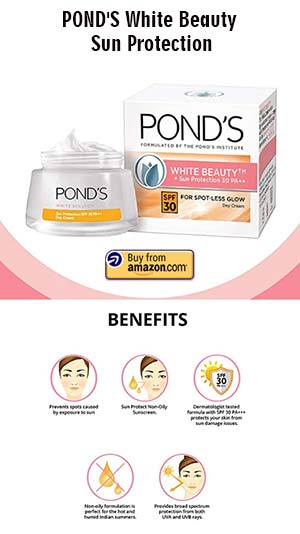You may have gluten sensitivity if eating a protein called gluten makes you sick. You can experience fatigue, nausea, or bloating. Non-celiac gluten sensitivity is just another term for gluten intolerance (NCGS). Celiac disease is associated with gluten sensitivity, an immune response to a protein present in wheat and other cereals. Read the article below to know How to manage a gluten allergy.
What is Gluten? | Manage a Gluten Allergy
Among other grains, gluten is a protein found in wheat, barley, and rye. It can be found in a lot of common meals and drinks, including pasta, cereal, and beer. Supplements, cosmetics, and even some drugs can contain gluten. The Latin word for glue is the source of its name. When flour and water are combined, it creates a sticky texture. Gluten’s capacity to act like glue aids in the formation of the sticky network that enables bread to rise when baked. It also imparts a chewy and pleasant texture to the bread.
Some people experience unpleasant gastrointestinal symptoms after consuming gluten-containing meals. People with celiac disease are susceptible to severe reactions. As a result of gluten exposure, the body develops the celiac disease, an autoimmune illness. At least 1% of people in the West have celiac disease, which can harm the intestines.

Signs Of Gluten Sensitivity | Manage a Gluten Allergy
The symptoms of gluten intolerance can range from minor to severe. They consist of:
- Diarrhoea
- Continent pain
- Gas and bloating
- Loss of weight
- upset stomach
- Weakness and weary
- the slow rate of growth (children)
- Stools that smell bad
It is crucial to accurately diagnose gluten intolerance because several symptoms, such as bloating, gas, and abdominal pain, may really be caused by digestive issues rather than gluten intolerance. Many individuals discover that removing gluten from their diets reduces symptoms. Although there is no known cure for gluten sensitivity, you may be able to ease any discomfort or related issues you are experiencing as a result of the illness by avoiding foods that contain gluten, having a proper diagnosis, and possibly receiving additional therapy.
Food and beverage options | Manage a Gluten Allergy
There are many gluten-free options available that will let you eat wholesome and delectable meals. The following products are naturally devoid of gluten:
- All varieties of meat, fish, and poultry, excluding those that have been coated or battered
- Eggs: whole, white, and yolk varieties
- Dairy products: plain milk, yoghurt, and cheese are among the unflavored dairy items.
- Fruits include berries, melons, bananas, oranges, pears, peaches, pineapples, and more.
- Vegetables include things like broccoli, tomatoes, onions, peppers, mushrooms, asparagus, carrots, potatoes, etc.
- Grains include oats (if they are certified gluten-free), quinoa, rice, buckwheat, tapioca, sorghum, corn, millet, amaranth, and arrowroot.
- Potato flour, corn flour, corn flour, chickpea flour, soy flour, almond meal or flour, coconut flour, tapioca flour, and corn flour are some examples of starches and flour. Manage a Gluten Allergy
- Nuts and seeds, such as flaxseeds, hemp seeds, chia seeds, walnuts, pistachios, and cashews.
- Spreads and oils, such as margarine, butter, olive oil, and coconut oil.
- Black pepper, turmeric, oregano, thyme, rosemary, parsley, cilantro, and other herbs and spices.
- Most beverages, with the exception of beer (unless it is specifically labelled gluten-free).
The best course of action is to thoroughly read the nutrition label if you’re ever unsure whether an item contains gluten.
Treatments | Manage a Gluten Allergy
A gluten-free diet is used as a treatment for gluten intolerance. Even after you start to feel better, you must continue to follow the gluten-free diet. To make sure your body is getting all the nutrients it needs to stay healthy, you might also need to take specific vitamins and supplements. Finding strategies to entirely eliminate gluten from your diet might be challenging because it is present in so many things that we consume. Manage a Gluten Allergy
Conclusion | Manage a Gluten Allergy
A registered dietitian nutritionist (RDN) can help you or your child create a diet that works best for you if you have gluten sensitivity. RDNs are prepared to assist those who are facing nutritional difficulties. An ongoing issue is gluten sensitivity. Neither you nor your child will “grow out of it.” The issues will persist and worsen over time if you do not adhere to the diet recommended by the doctor or RDN.




